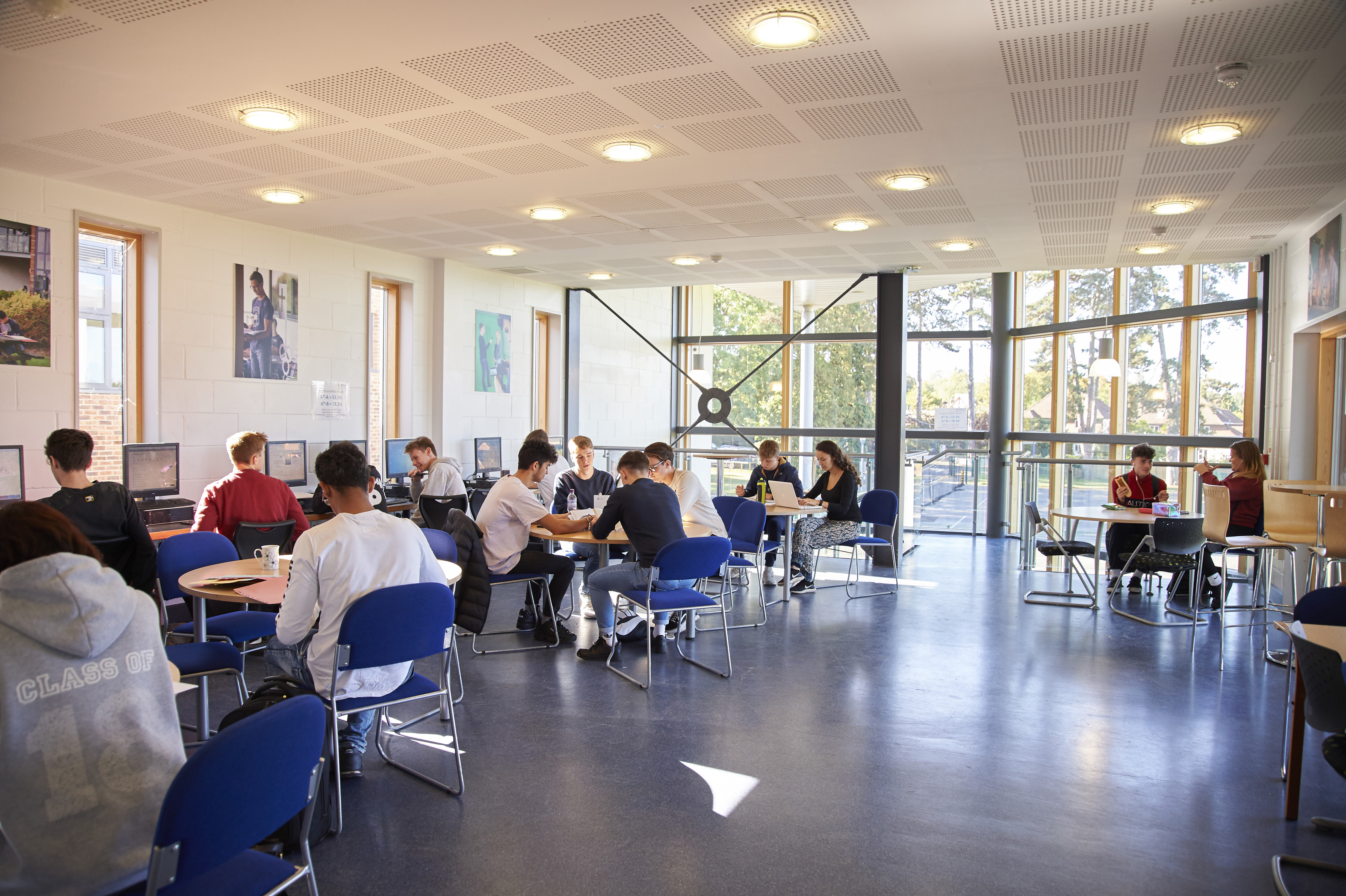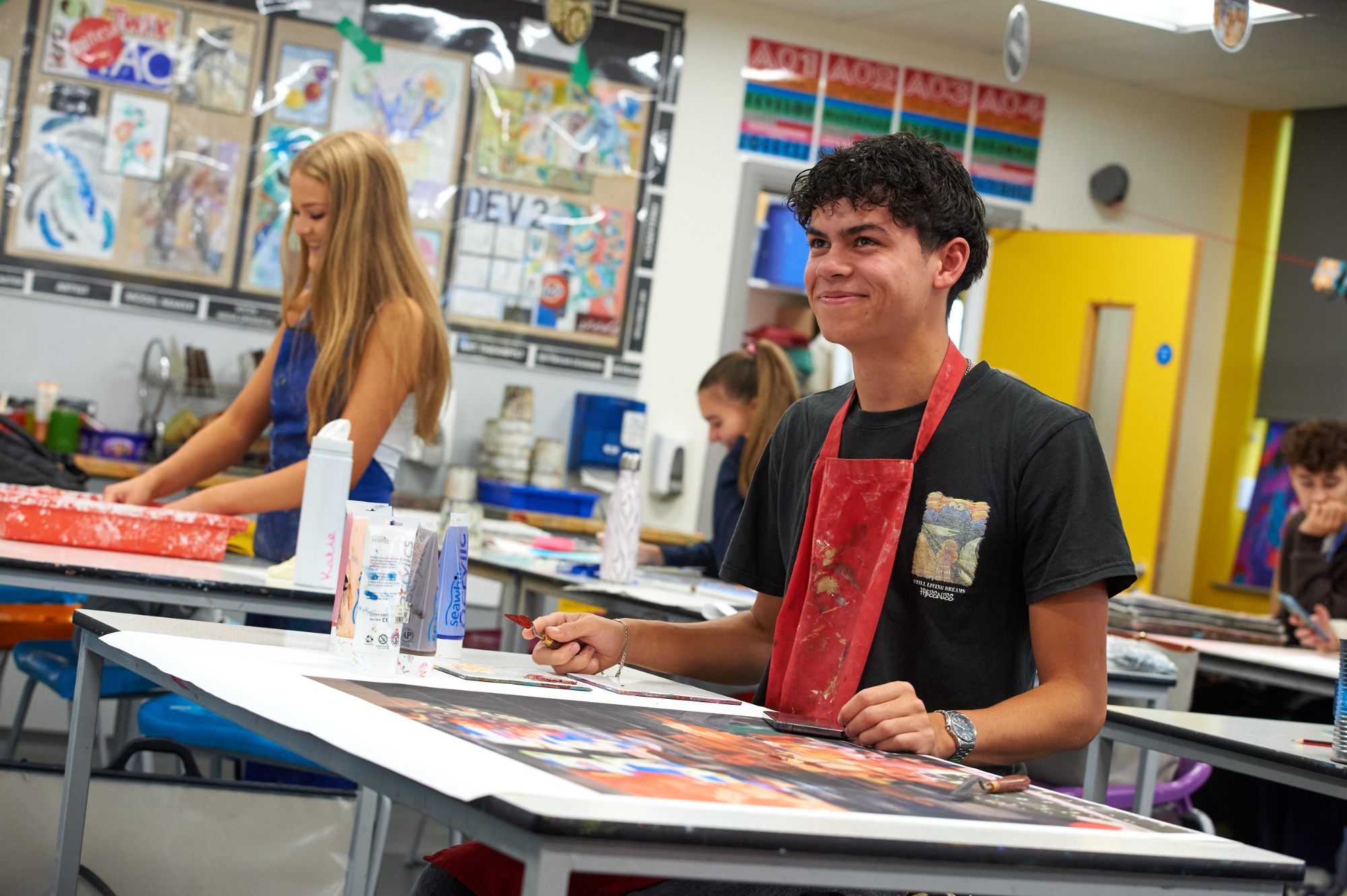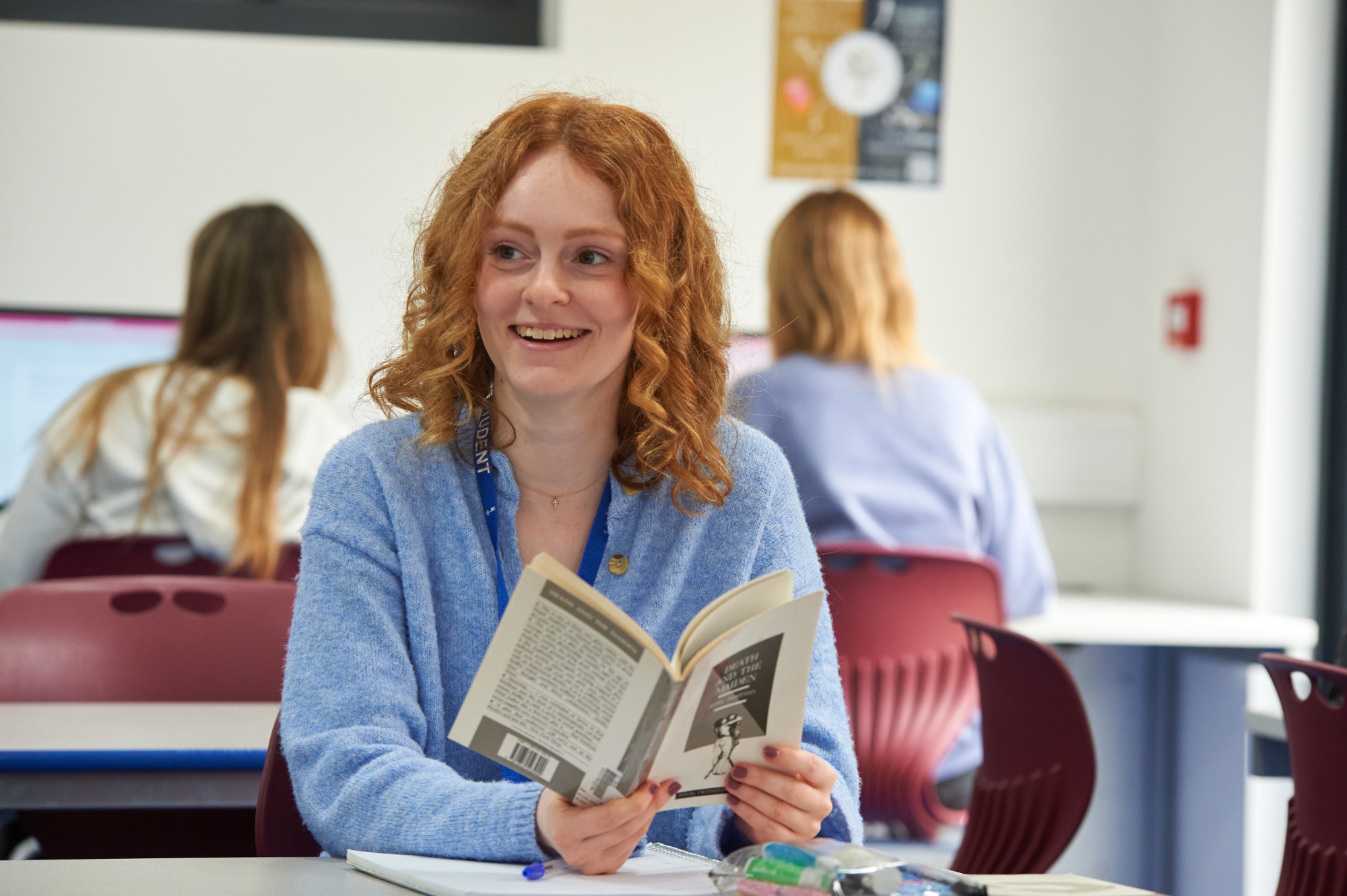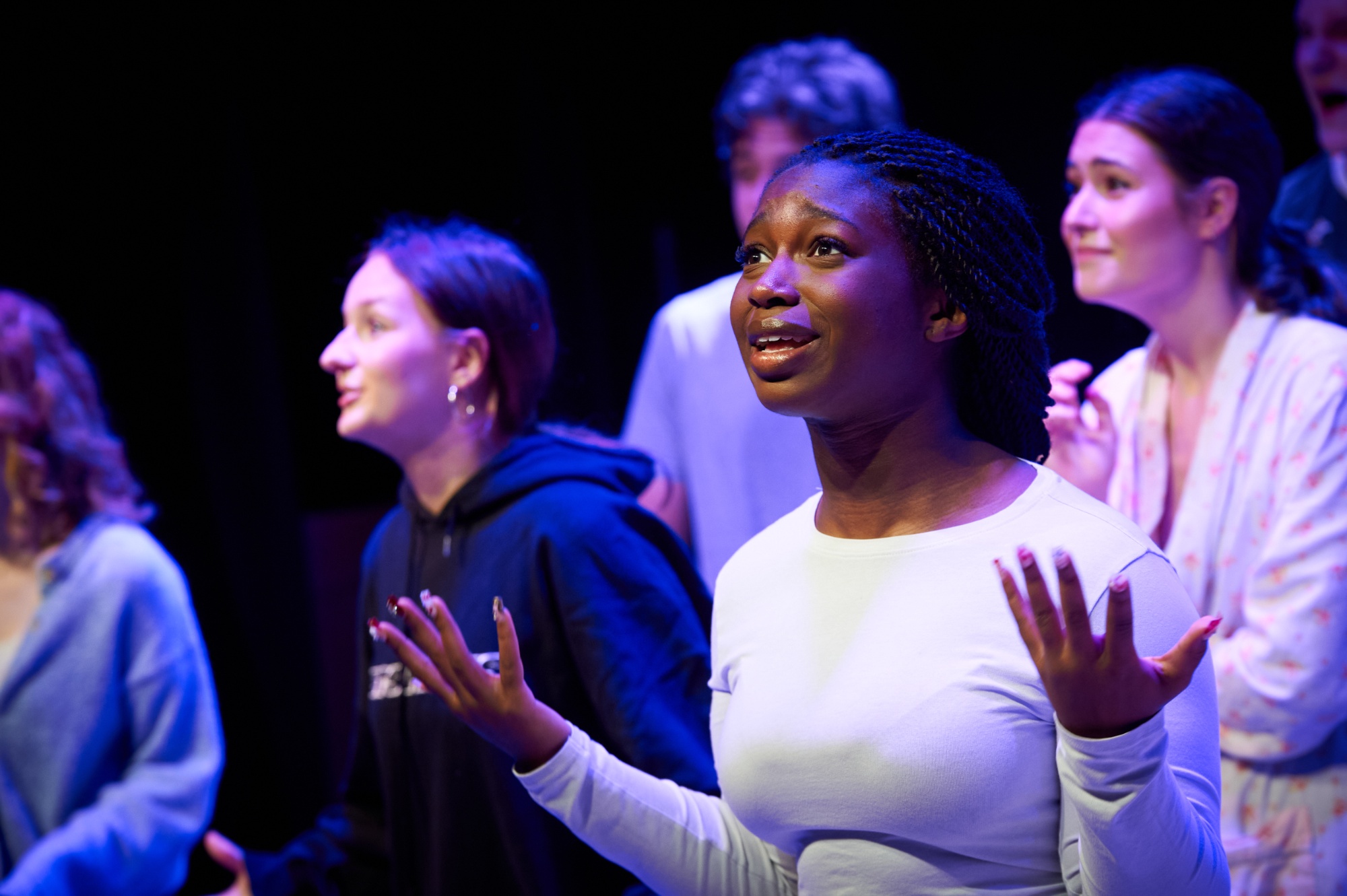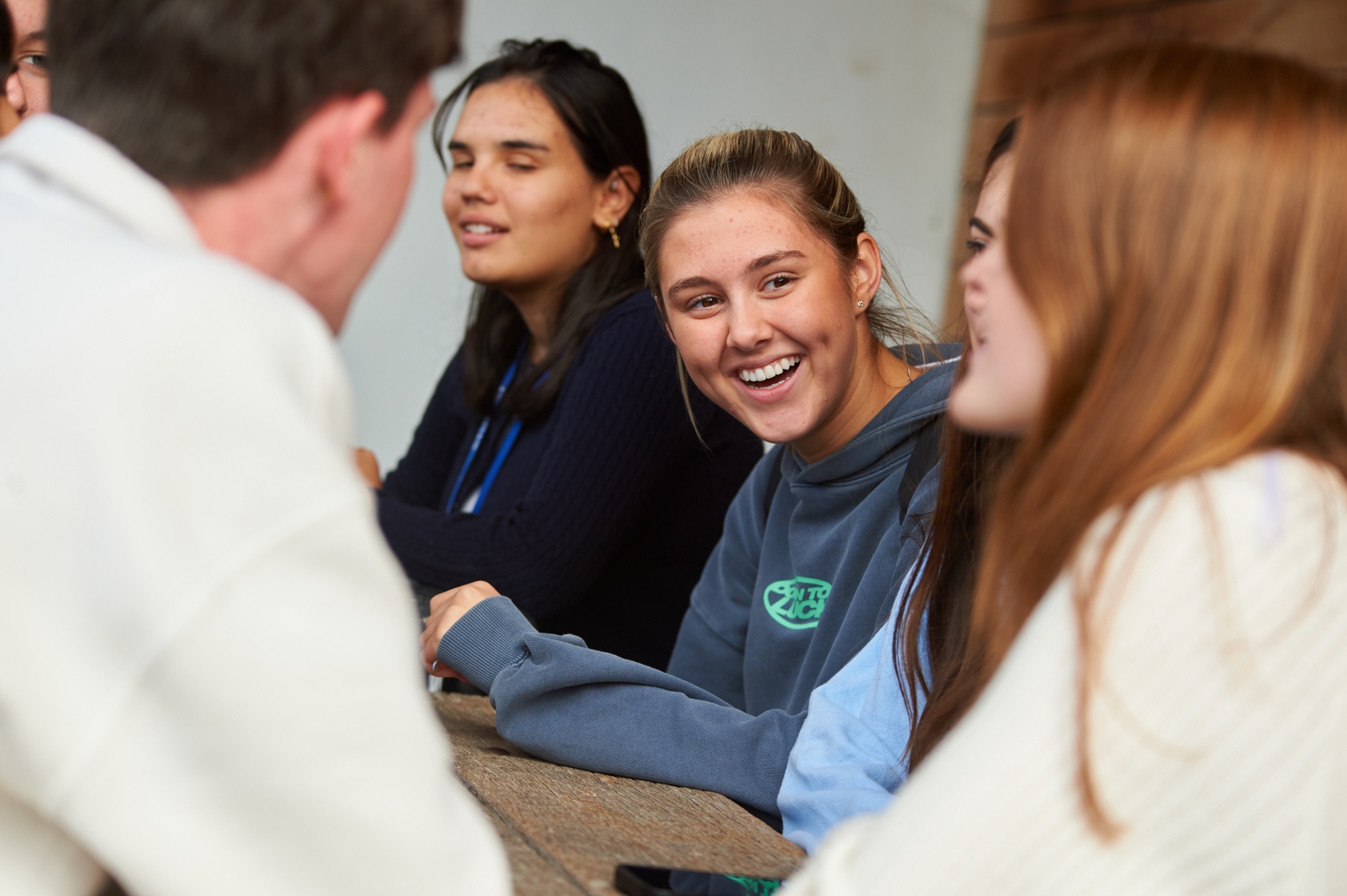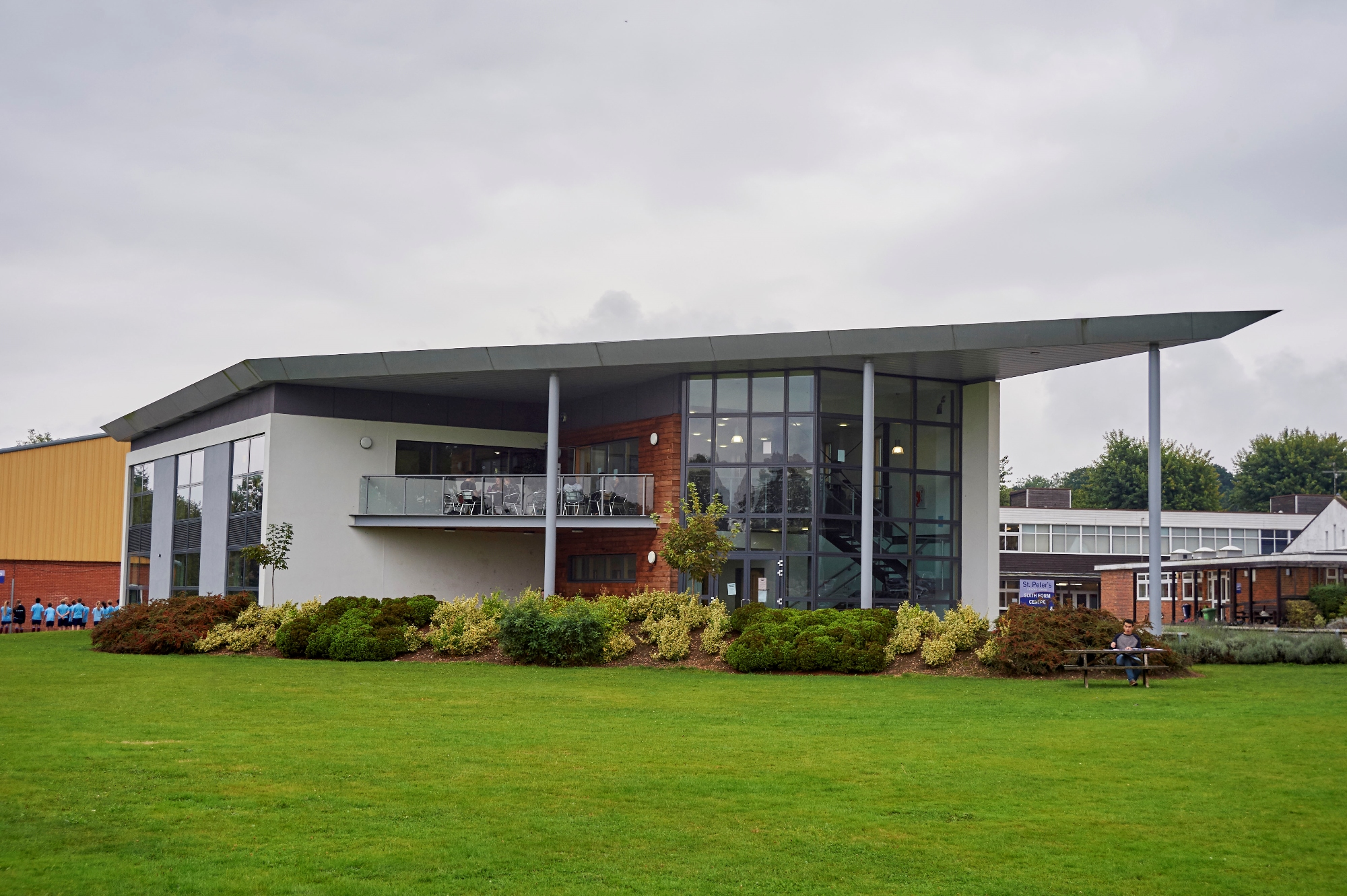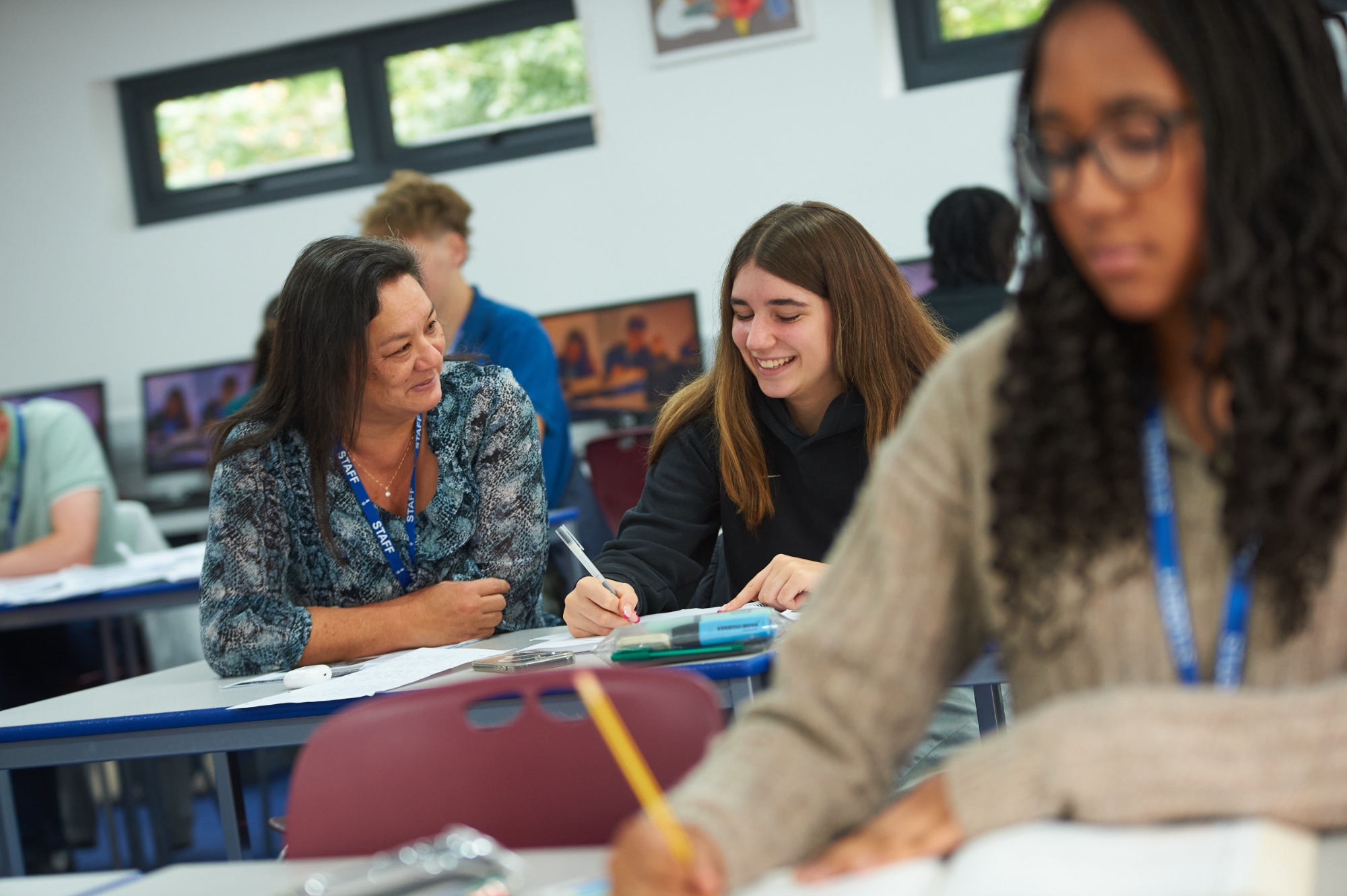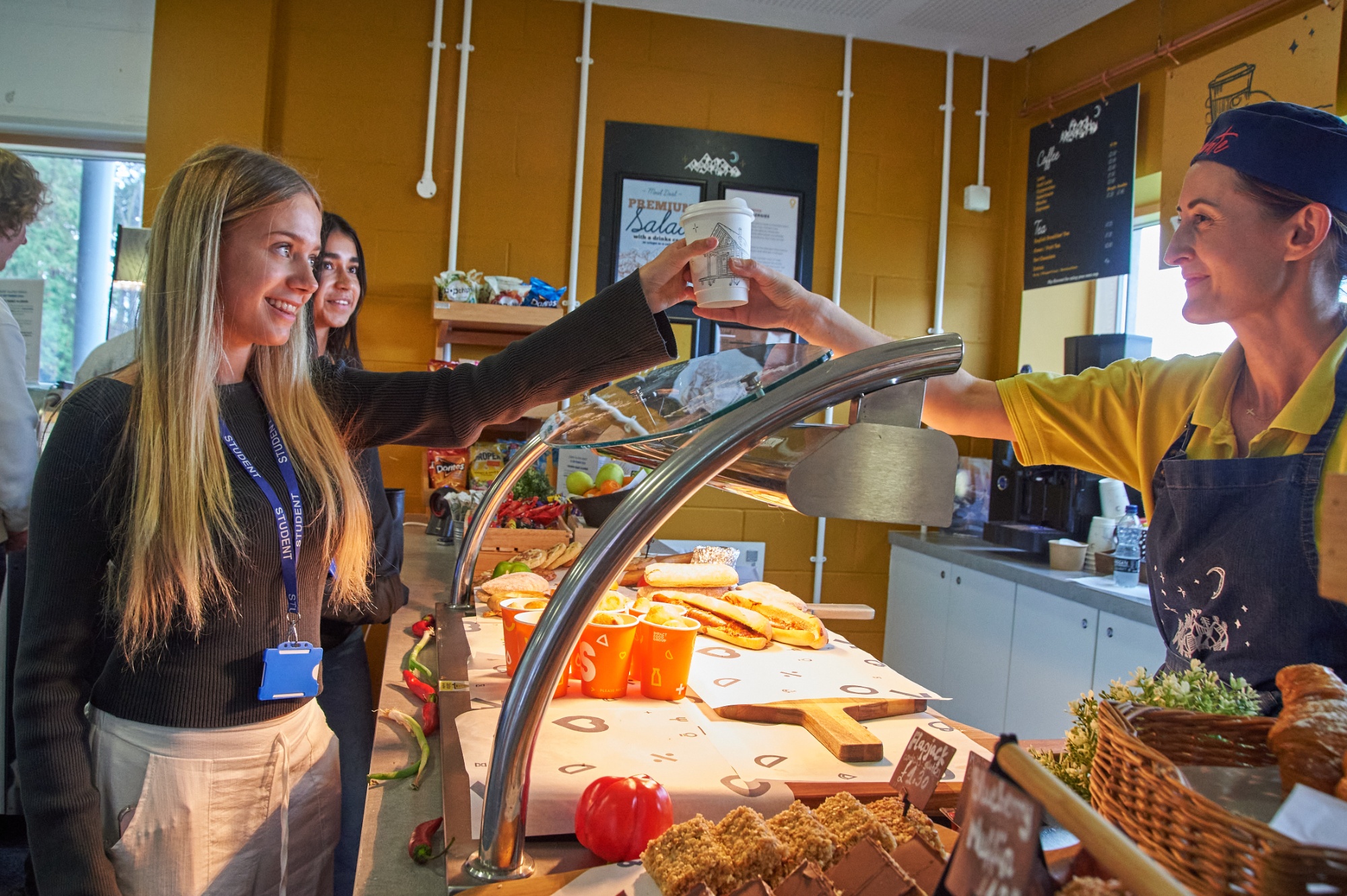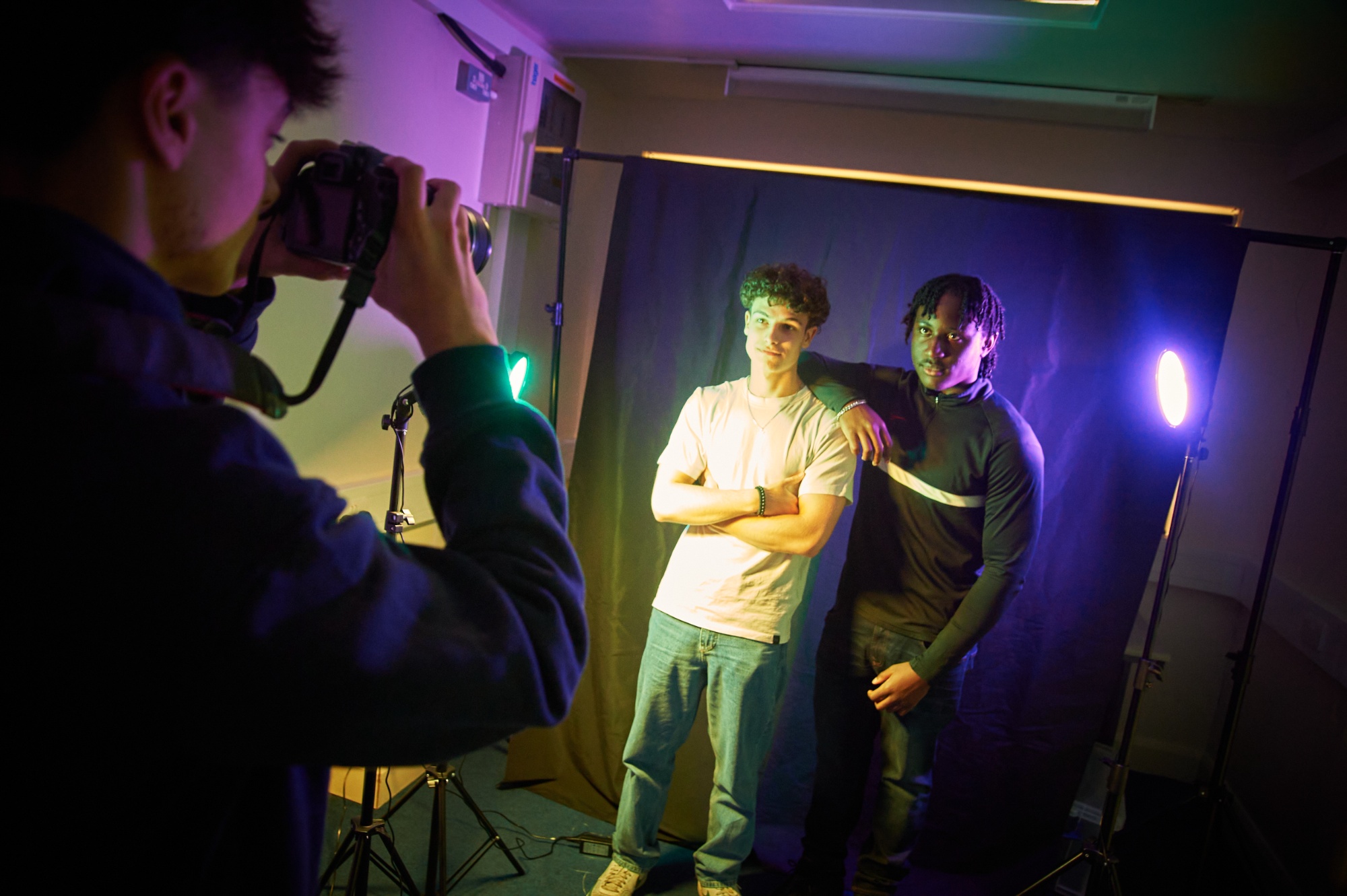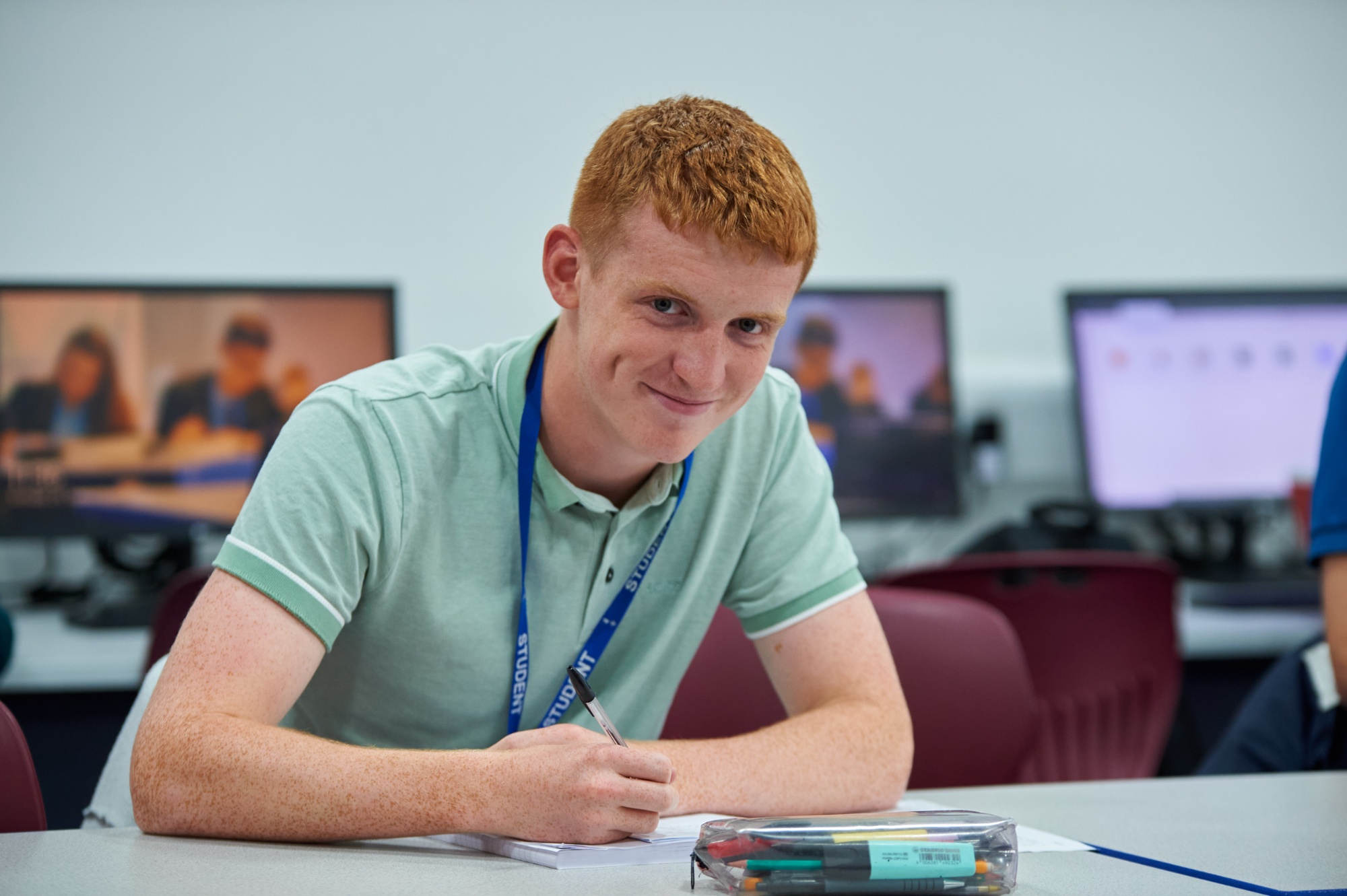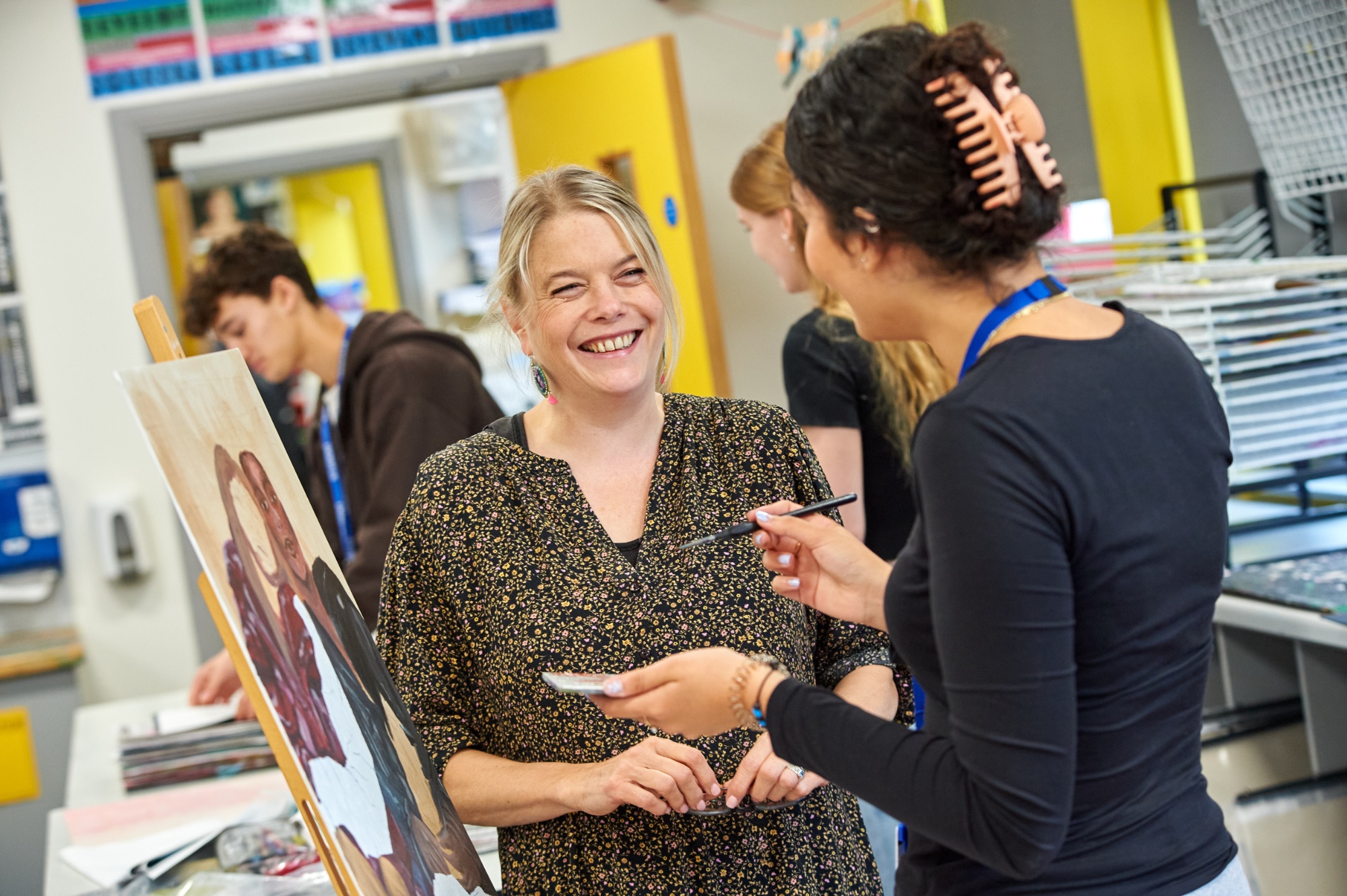Music
Miss O Myatt
Head of Music
THE TEAM
| Mrs A Hanford | Teacher of Music |
INTRODUCTION TO THE DEPARTMENT
The Music Department is at the heart of the school’s Catholic ethos and culture of academic success and community involvement.
Music is taken very seriously by our students and the practice rooms are always full during break and lunchtimes with students rehearsing their class work. The department is extensively resourced with two large well-equipped music rooms and a computer room equipped with MuseScore 4, Sibelius and Ableton software for composing.
The department runs an extensive extra-curricular programme including four Choirs, String Ensemble, Folk Band, Jazz Band, Guitars and Ukuleles, and Orchestra to name a few. For Sixth Form students only, Vic Cox, professional bassist, runs the Sixth Form Enrichment Band which puts on termly concerts. Over 150 students are currently involved in some form of extra-curricular music. There is at least one formal concert every term and a Chamber Concert each October and February, taking place in the Theatre and Liturgy space. Biannually, over 50 students take part in a week-long international concert tour where choirs and instrumental groups perform concerts to the local public. Over the last few years, we have been to Strasbourg, Obernai, Salzburg and York.
The Music Department works alongside the Drama Department to put on a school musical biannually and provide music for “straight” plays too. The department contributes regularly to masses, liturgies, worship sessions and the school’s annual open air Feast Day Mass and Carol Service.
Why study Music?
Studying Music at A Level gives you the power to engage with music more deeply as a performer, composer and listener. It extends and develops your ability to communicate as a musician and also builds your confidence as a person. Moreover, it is an academic subject which counts towards any college and university course.
Future academic and career pathways
Many believe A level Music won’t be taken seriously by colleges and universities. This is not the case. Music is a rigorous academic subject which sets students up well for university study and universities are aware of this. Music is highly mathematical in nature, and so Music and Maths complement each other well, as do Music and Languages – after all, music is a language in its own right. In fact, Music goes well with pretty much any subject and enhances your grades in other subjects. Although there is a creative element to A Level Music, the theoretical and analytical study of music history, harmony and tonality is sufficiently rigorous.
Studying Music is therefore a smart choice even if you don’t want to be a musician! It can open doors to a variety of education and employment pathways in professions such as medicine, law, accountancy. It provides a range of transferable skills that will secure a good foundation in whatever pathway you choose. Possible careers in music include performing, composing and arranging, education and music therapy, music administration and management, music production including music for gaming and the wider creative industry.
Students who have studied Music at St Peter's have gone on to study a range of different subjects including Biochemistry at Kings College, Maths at Exeter, Economics at Bath, Music at Cambridge, Architecture at Portsmouth, Classics at Durham, Philosophy at Royal Holloway – the list goes on!
Course content
Music A Level is a two-year course and students will be studying the Edexcel syllabus.
In Year 12 you will study composition techniques through the analysis of the set works and set tasks. You will work towards the completion of free coursework composition one so that the focus is on the set brief composition in Year 13.
Over the two years you will study 13 set works. Throughout the two years you will work on your recital pieces with a trial recital in Year 12.
Assessment
30% Performance: students' work towards an eight-minute recital that can combine solo and ensemble playing.
30% Composing: students either compose to a given brief or complete a free composition. They also complete a technical study such as a Bach chorale.
40% Appraising: students develop an understanding of musical analysis through the study of 13 set works, including Film Music, Western Classical Music and Popular Music and Jazz. The exam combines both listening and essay questions.
Extracurricular opportunities
• Termly visits to concerts and recitals
• Extensive extracurricular music clubs
• Onsite concerts and shows
• Music tours abroad
Course requirements
• Ability to read and compose music
• Minimum level 6 in GCSE Music
• Minimum level/grade 6 performance by end of Year 12
• Working knowledge of grade 5 theory or above
• Basic keyboard skills


